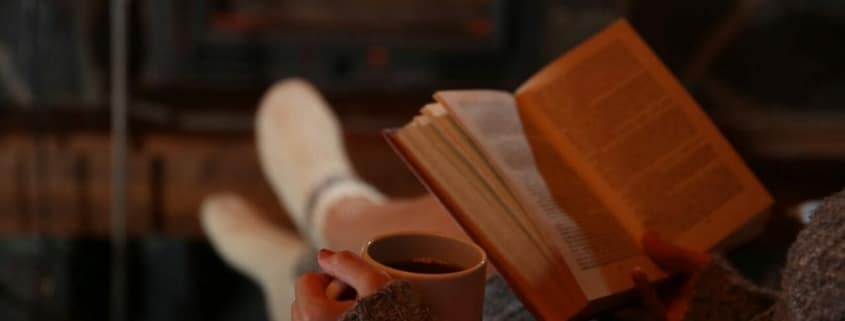Keep Your Fireplace Safe This Winter
Before lighting your fireplace this season, make sure it is in good shape. If it’s been a year or more since you last used your fireplace, it’s important to take steps to keep your fireplace safe. From regular maintenance to a deep-cleaning, preparing your fireplace for use will help protect your family from fire hazards this winter.
How to Keep Your Fireplace Safe
As the temperatures dip, make sure your fireplace is safe to use before building your first fire of the year. Use the following tips to keep your fireplace safe:
Schedule Annual Inspections
The first step you should take to keep your fireplace safe is to schedule a chimney inspection and cleaning. Every year, your chimney should be properly inspected and thoroughly cleaned by a professional. A chimney sweep will clear out any animal nests and creosote buildup that would otherwise be a fire hazard.
Monitor for Damage and Cracks
As you work to keep your fireplace safe, remember to check for cracks inside your fireplace. If you notice any damage or problems with the masonry, call a professional mason before using your fireplace. If you’re considering doing it yourself, experts warn against repairing firebrick with conventional mortar as this won’t withstand the higher temperatures that your fireplace produces.
Keep Your Fireplace Safe by Checking the Damper and Chimney Cap
Another way to keep your fireplace safe is to check the fireplace damper and the chimney cap. The damper seals your fireplace when it isn’t in use, but should always be open when a fire is burning. Make sure it’s functioning properly before lighting the first fire of the year.
A properly working chimney cap keeps bats, squirrels, birds, and other animals from nesting in the chimney. Without a chimney cap, moisture, debris, and pests can make their way into your home.
Cut Nearby Tree Limbs
When lighting the fireplace, keep in mind that everything outside that’s close to the chimney is a potential fire hazard. Make sure to trim or remove any branches that are overhanging your chimney. With the area free and clear of foliage and tree limbs, your chimney cap will function properly and the airflow from the chimney won’t be restricted.
Use the Fireplace for Short-Duration Fires
Though fireplaces are a great way to keep the family warm during the winter, pay attention to how long you’re using the fireplace. Make sure you’re not using the fireplace as a furnace but as a supplemental heat source. The fireplace is meant to make your home warmer and it shouldn’t be used for fires that last more than a few hours.
Monitor the length of your fires and never leave a fire unattended. If you leave the house or go to sleep for the night, extinguish the fire to keep your family and home safe.
Empty Ashes Frequently to Keep Your Fireplace Safe
Ashes in your firebox are a fire hazard as long as they’re still burning. These ashes can remain hot for up to 3 days, so it’s essential to make sure they’ve cooled completely before vacuuming or sweeping them up. When disposing of your ashes, scoop them into a metal bucket to transport them to the compost or your garden.
Fireplaces make for cozy winter nights at home. Make sure your family stays safe while using the fireplace this season by following the tips above.
Premier Home Inspection Services provides home inspections to customers in northern New Jersey. Contact us to schedule our services.




Leave a Reply
Want to join the discussion?Feel free to contribute!